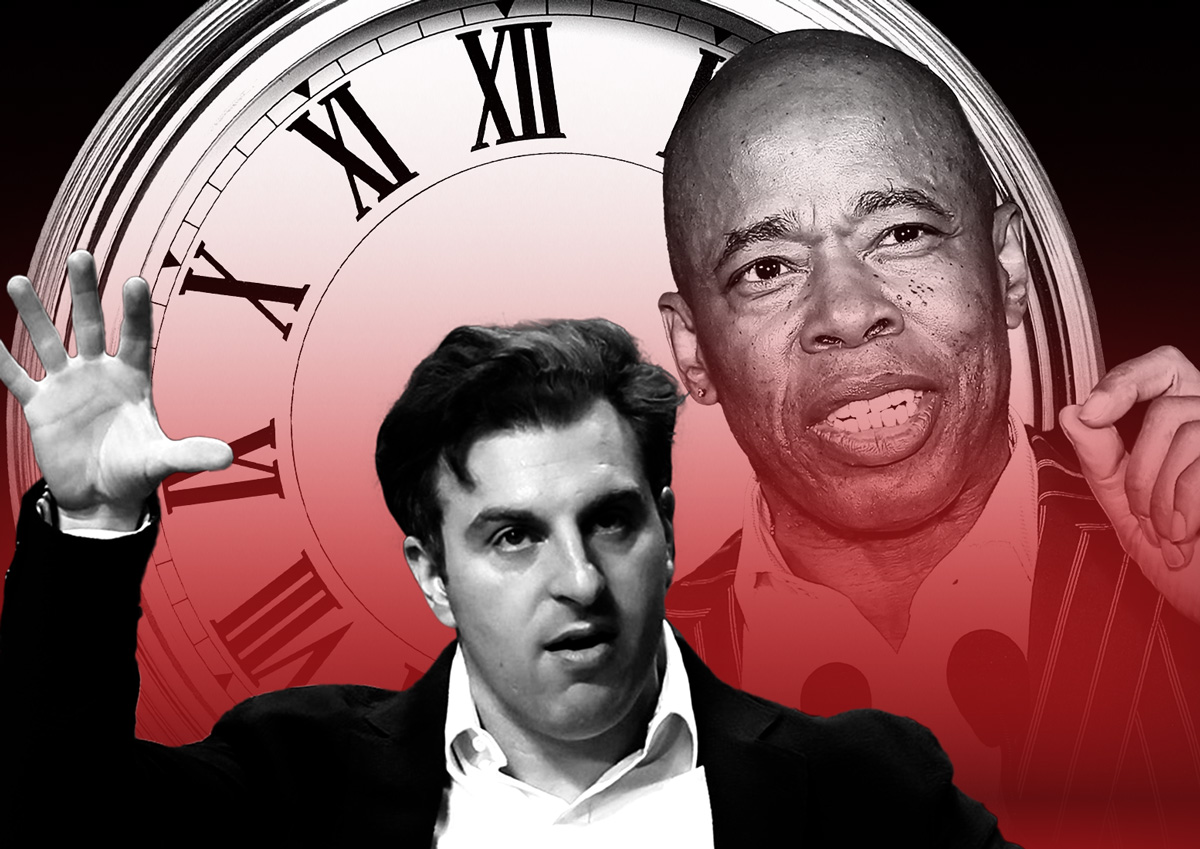New York City’s short-term rental law is coming, despite Airbnb’s attempt to have the measure blocked through the courts.
State Supreme Court Justice Arlene Bluth threw out the company’s challenge to Local Law 18, Bloomberg reported. The decision clears the way for enforcement of the measure — postponed by the city amid the legal challenge — to begin next month, after Labor Day.
Local Law 18 requires short-term rental hosts to register with the city in an effort to track short-term rentals and stop owners from renting out more than one unit at a time.
Airbnb sued at the start of the summer, alleging the law was effectively a ban on short-term rentals in New York City. It also claimed the law violated pre-existing agreements between the city and the company and said the deadline made the city the “Grinch who stole summer.”
The judge didn’t see things that way. Bluth also rebuked the company for complaining about the possibility of needing to remove thousands of unregistered listings when Airbnb had months to inform hosts about the law and facilitate registrations.
Airbnb officials decried the dismissal.
“The city is sending a clear message to millions of potential visitors who will now have fewer accommodation options when they visit New York City: you are not welcome,” Airbnb global policy director Theo Yedinsky said in a statement.
The company previously said the law would cost Airbnb $6.7 million in net revenue per month and $85 million per year. While it’s unclear how New York stacks up to other markets, Airbnb said in a recent report that no city accounted for more than 1.3 percent of its revenue last year.
Read more



There are roughly 29,000 short-term rental listings in the city. Local officials estimate almost a third of those are operating illegally. Crain’s reported the Office of Special Enforcement approved only 141 as of July 25.
The state already has a ban on renting out units for fewer than 30 days unless the full-time resident is present, a law that has been difficult to enforce.
— Holden Walter-Warner
